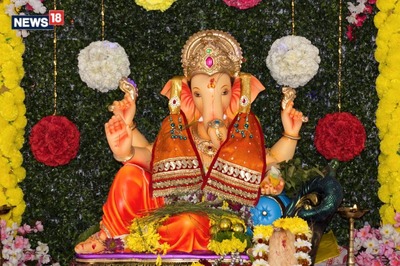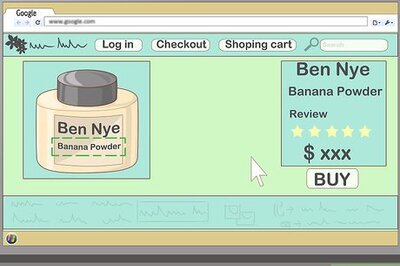
views
WhatsApp, the popular instant messaging app owned by Meta (erstwhile Facebook) was acquired by the social media giant back in 2014. Now, while WhatsApp still remains one of the most popular ways for people to stay connected to their loved ones, it has changed quite a bit since its 2014 acquisition by Facebook. WhatsApp’s former Chief Business Officer has now posted a thread on Twitter, laying out the changes that the instant messaging app has gone through over the years.
In his thread, Neeraj Arora, who helped WhatsApp secure the $22 billion acquisition in 2014 said that he “regrets helping negotiate the deal" as things have gone wrong ever since Facebook (now Meta) acquired WhatsApp. Arora began with a little bit of history, with the origin of WhatsApp, which was founded in 2009 by Brian Acton and Jan Koum. Arora joined WhatsApp in 2011 and the company was approached by Mark Zuckerberg and team in 2012/13 for an acquisition. In his thread, Arora says that the team at WhatsApp declined the initial request to carry on with their plans for the instant messaging app.
In 2014, I was the Chief Business Officer of WhatsApp.And I helped negotiate the $22 billion sale to Facebook.
Today, I regret it.
Here’s where things went wrong:
— neeraj arora (@neerajarora) May 4, 2022
However, in early 2014, Facebook approached WhatsApp again with an offer to make it look like a partnership. He said that Facebook promised several things like full support for end-to-end encryption, no ads ever, complete independence for WhatsApp to make decisions on product, a board seat for co-founder Jan Koum, and a separate office in Mountain View, California.
ALSO READ: WhatsApp Is Bringing Instagram-Like Feature To See Your Friends’ Status: Report
Arora said that in the initial years, WhatsApp made money by asking users for $1 (roughly Rs 76) to download the app, in exchange for a promise to never show ads or any other gimmicks. He also said that during the negotiations, WhatsApp made its stance clear by asking for guarantee to never mine user data, no ads ever, and no corss-platform tracking. “FB and their management agreed and we thought they believed in our mission," he said.
While the deal went through, Arora said that by 2017 and 2018, things started to look very different. He linked to a Forbes report from September 2018 where WhatsApp co-founder Acton talked exclusively with the publication about his #DeleteFacebook hashtag at the time. Arora also pointed out that it was in 2018 itself that the Facebook-Cambridge Analytica scandal came to light.
ALSO READ: WhatsApp Is Finally Making It Easier To Send Messages To Unsaved Numbers
He further said that while WhatsApp is currently the biggest online platform that Facebook owns, it is merely a shadow of the product him and others created several years back. “And I am not the only one who regrets that it became part of Facebook when it did," Arora said in his thread.
“Tech companies need to admit when they have done wrong. Nobody knew in the beginning that Facebook would become a Frankenstein monster that devoured user data and spat out dirty money. We didn’t either."
WATCH VIDEO: Elon Musk Buys Twitter: Here Are 4 Big Changes You Can Expect
Finally, Arora pointed out to a Wall Street Journal report that started a conversation around big tech companies’ business models ruining products that were once made with a good intention. “In order for the Tech ecosystem to evolve, we need to talk about how perverse business models cause well-intentioned products, services, and ideas to go wrong."
Read all the Latest Tech News here



















Comments
0 comment